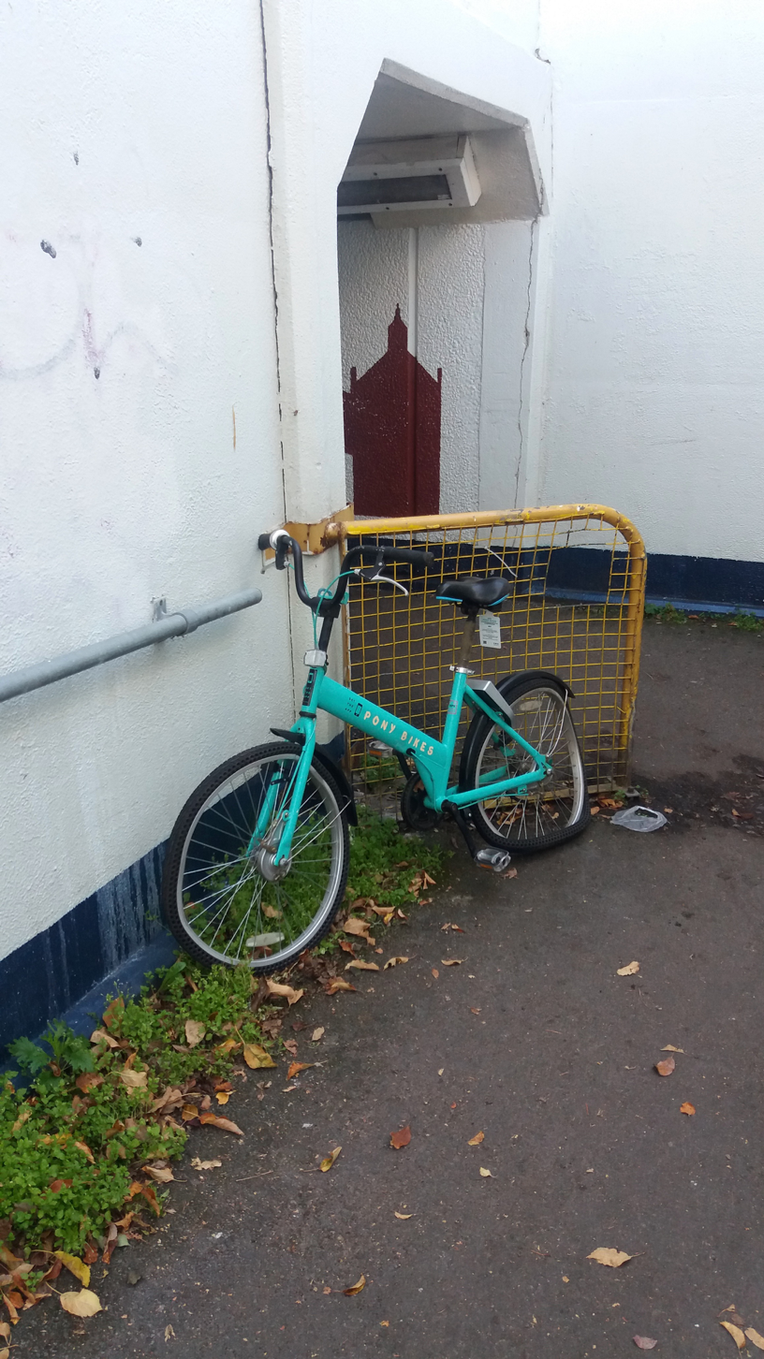How Will Temporary Possessions Make Us Happier?
From the Series: Temporary Possession
From the Series: Temporary Possession

It is not just Generation Rent that seeks the flexibility of not owning stuff; all of us living or working in networked cities around the world will have experienced the new personalized services accessible via downloadable apps. I have been gathering testimonies on what might be called the Uberization of society by interviewing individuals actively engaged in using these services. As one young French woman who had never been abroad alone before her recent trip to Colombia told me:
Uber comes to you; it’s extremely useful. With Uber, you know how much you’re paying before you even get into the vehicle. No cash needed. In Medillín, every Uber driver uses GPS. Uber is safer than taxis. My only issue is with the oppressive rating system. It’s so unfair that one customer having a bad day can single-handedly ruin a driver’s average rating out of 5, no matter how professional or reliable he is.
Her twenty-year old friend added:
Airbnb is a good alternative for young people willing to be in charge of their own meals. It’s often nicer than staying in a hostel if you aren’t specifically looking to meet new people. You select the accommodation based on how much you’re willing to pay and where you’d like to be. Like many things on the Internet, you must look at the fine print and take note of the small details that will turn your choice into a success or a disaster.
As she introduced me to Ycloset’s website, a young British woman deliberated:
In a world where things change so fast, you have to be flexible to keep up with trends. I like wearing stuff only once. You don’t have to own things. Why waste time shopping when you can rent clothes? Of course, I need to have a base, but I can extend myself without purchasing when I travel. Of course, I want to own my basics. I’ll want my own place when I settle.
Bemused, I wondered: who thought that even clothes could lose their character as personal acquisition?
Like most services relying on smartphone technology, Airbnb, Uber and Ycloset market themselves as easy and cheap. They claim to be “systems designed to reduce the waste modern society generates by reusing and repurposing products.”
I wonder what the Huaorani, native Amazonians with whom I have worked for several decades, would make of this new “you don’t have to own things” attitude. Would they see this so-called sharing economy in the same terms as their own (see Rival 2016)? When I phone or text a Huaorani friend, I never know who is going to be on the receiving end. Phones, like so many other objects in keen demand, are subjected to sharing and collective use. Although I do not know much about Huaorani phone swapping, it strikes me as utterly devoid from any sense of privacy or exclusivity. In the global North, our iPhones and Androids are more often than not part of a rental package, which gets regularly upgraded by the transnational companies that de facto own them. Yet we treat our smartphones as our most essential, personal, intimate possessions: they have literally become extensions of the self.
Even for the anthropologist who knows that possessions (whether temporary, partial, or legally exclusive) are social constructs, there is something uncanny about the ways in which transience and abundance are being coupled in the new service industry. Take, for instance, bike share. Dockless bicycles, which can be rented for a very low price and left pretty much anywhere after use, have attracted a surprising volume of commentary. Everyone seems to have something to say about Ofo (whose moto is “share more, consume less”) or Mobike, the two Chinese companies currently in the limelight where I live. They are proving controversial, as one exasperated resident suggested in a letter to the local newspaper describing the streets as “islands with no law.”

Who should be responsible for the improper use of these bicycles? The global English-speaking press seems to revel in writing damning stories about the “shaky business model” behind Chinese bike-sharing technology, despite its potential to transform personal mobility everywhere on the planet. Fierce competition between the startups involved has left a vast trail of waste and destruction.
The battles fought as part of the competition to become China’s “Uber for bikes” amply confirm Paul Mason’s (2015, 119) thesis that “with info-capitalism, a monopoly is not just some clever tactic to maximize profit. It is the only way an industry can run [given that] information technology is corroding market mechanisms, eroding property rights and destroying the old relationship between wages, work and profit.”
Once agreed upon, whether consensually, out of resignation, or through blind routinization, technological choices will loom large on the kinds of social lives we inhabit. Whether new rental arrangements are spreading evenly throughout the world and whether assets held only for a short while are about to coalesce into new possession regimes remains to be seen. In any case, the sharing economy will not make us happier until we have figured out how to deal fairly with the intangibles now deeply entangled in global value chains (Fu 2015). For this to happen, a focus on the values embedded within specific organizational forms might be more useful than one on the norms regulating retention and exchange. Such values will need to be discovered ethnographically, analyzed comparatively, and assessed collaboratively. To contribute to this inescapably normative project, anthropologists may have to renounce the comforts of musing over uncertainty (moral or otherwise). They will also want to relearn how one engages political economy.
Fu, Xiaolan. 2015. China’s Path to Innovation. New York: Cambridge University Press.
Mason, Paul. 2015. Postcapitalism: A Guide to Our Future. New York: Penguin.
Rival, Laura. 2016. Huaorani Transformations in Twenty-First-Century Ecuador: Treks into the Future of Time.Tucson: University of Arizona Press.